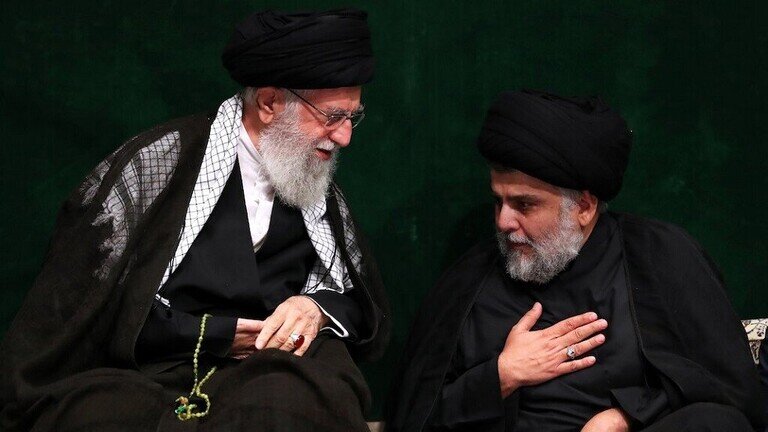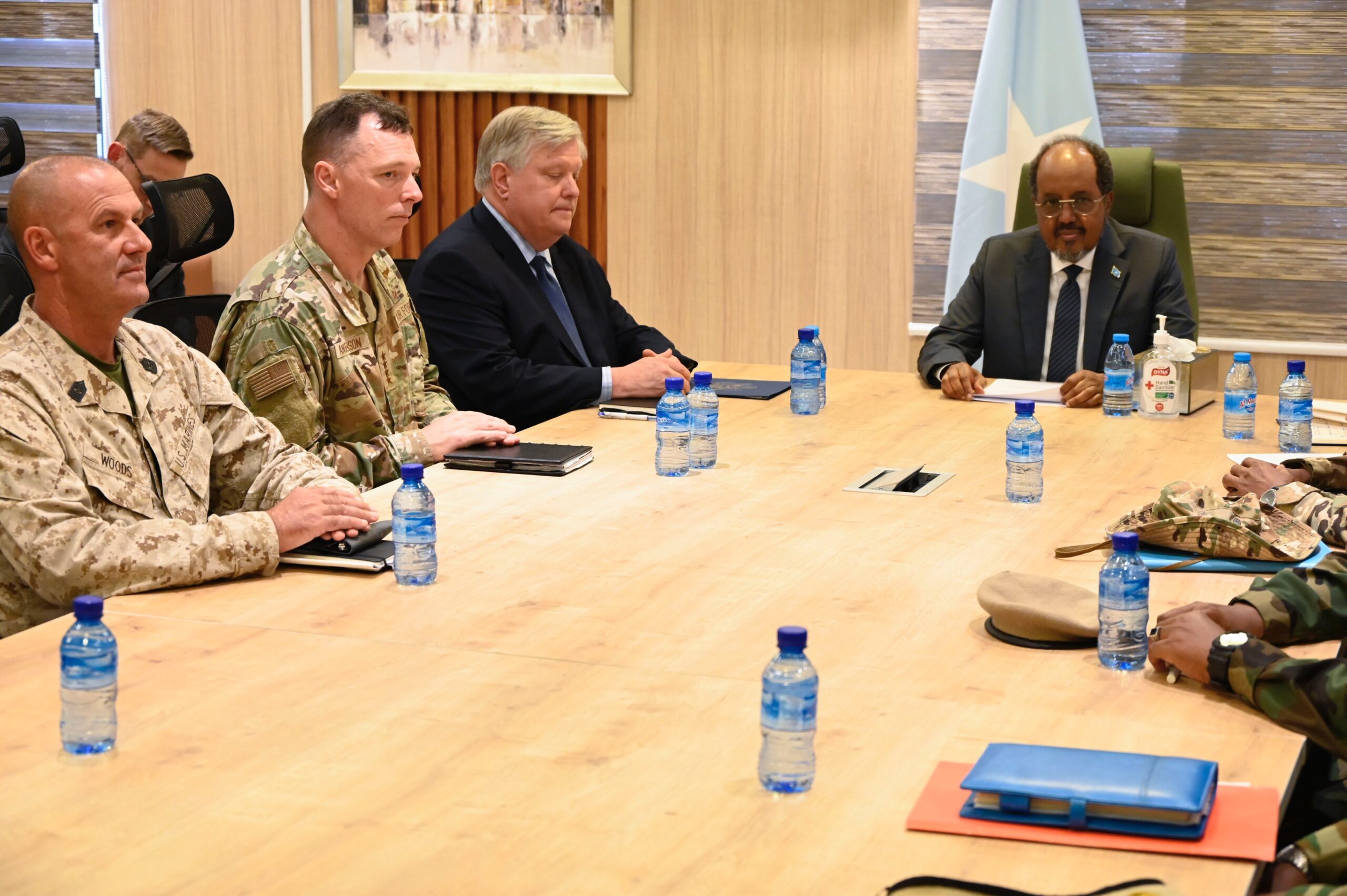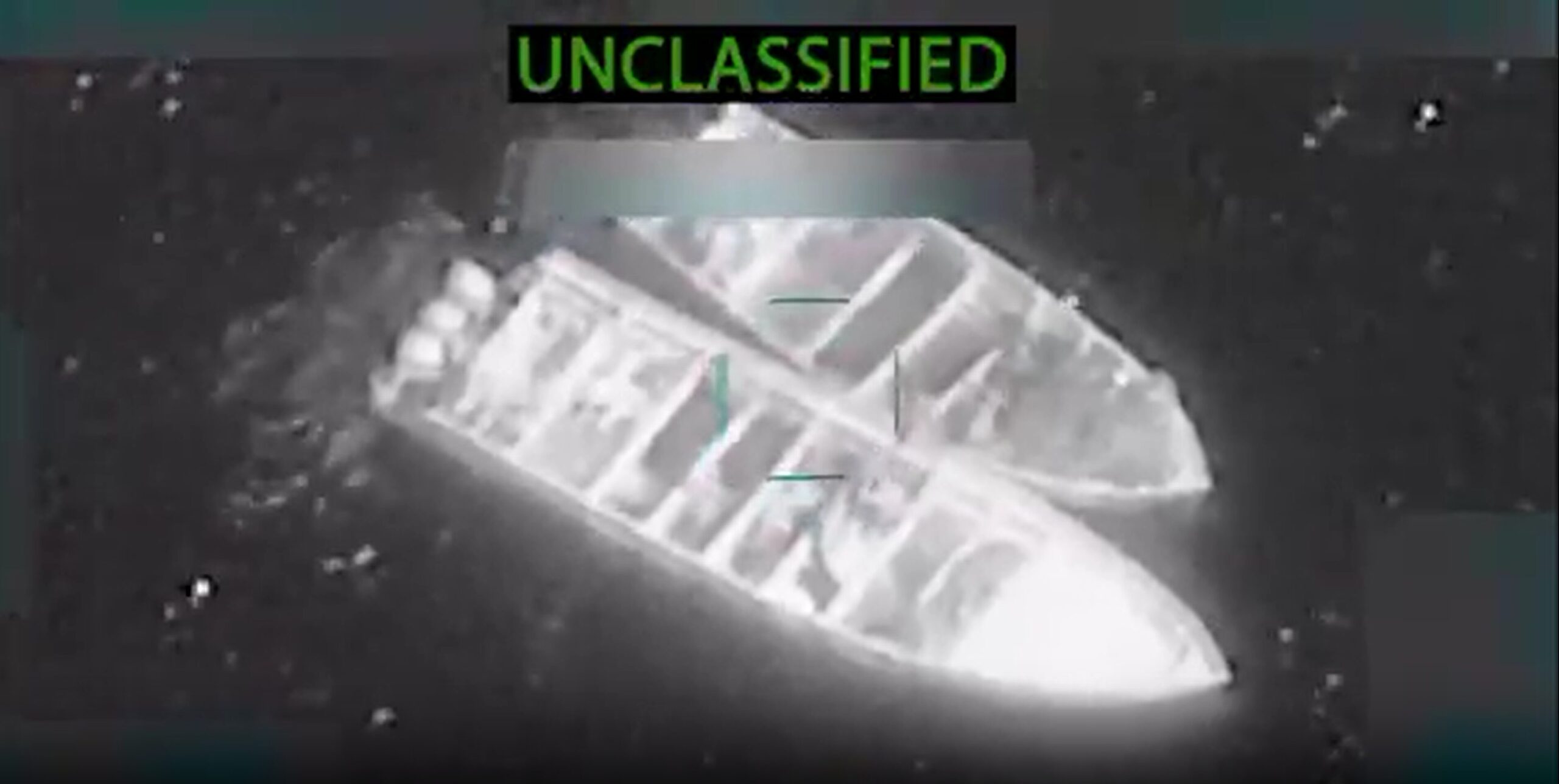PICTURED: On the left, an image of the helicopter rescue from the Fall of Saigon, 1975. On the right, a Chinook helicopter hovers over the U.S. Embassy in Kabul on Aug. 15 as the Taliban advances on the Afghan capital. PC: Rahmat Gul, AP. Fair Use.
Like Saigon, Vietnam in 1975, and Kabul in 2021, the American-supported government in Baghdad has numerous and potentially fatal deficiencies that could lead to another “Fall of…” moment in the not too distant future.
The images of helicopters above the U.S. embassy in Kabul, or of the desperation with which Afghan would-be refugees clung to the ends of departing planes’ fuselages was all too reminiscent of the scenes when South Vietnam’s capital of Saigon fell to the advancing North Vietnamese, and of the nick-of-time airlift from the embassy there.
In Iraq, as an old enemy begins to amass political power, Iraqi Shia militias become more and more powerful and intolerant of U.S. forces, of Iraqi politicians being viewed as shallow, corrupt and inefficient, and a weakening ability for U.S. to project military might there, a similar storm could be brewing which could leave us, as one Cato Institute scholar suggests, with a another disastrous escape before the end of the Biden presidency.
“Despite significant differences between the situation in Iraq and the conditions that led the demise of the U.S. client regimes in South Vietnam and Afghanistan, there also are troubling similarities,” writes senior fellow in defense studies at Cato, Ted Galen Carpenter.
“The Iraqi government is notoriously corrupt and inefficient, just as were the other two regimes. It also has shallow political roots as did its Afghan and South Vietnamese counterparts, lacking a strong contingent of dedicated domestic supporters, much less supporters committed to fight for a modern, democratic political system”.
There’s very little consideration, like in South Vietnam and Afghanistan, that Iraq has any sort of individual sovereignty. Commands to move all U.S. forces out of the country following the assassination of Iraqi militia godfather Abu al-Mohandis alongside Soleimani was met with brash dismissals from the military and threats of crippling sanctions from Trump.
Furthermore Biden has repeatedly bombed unruly Iraqi military forces to “send a message”. Together, it’s clear the U.S. doesn’t view Iraq as anything like an independent country.
In early July, U.S. bases in Iraq including the embassy suffered four straight days of rocket attacks in retaliation for Biden’s bombs.
WaL reported at the time that Colonel Wayne Marotto, spokesperson for the 2,500 man-strong U.S. Operation Inherent Resolve, i.e. the ISIS watchdog program, said that each one of these attacks “undermines the authority of Iraqi institutions […] and sovereignty”. He was probably lying through, as the well-known fact that he and his operation was still in the country was just as much an undermining of that very authority.
PICUTRED: Grand Ayatollah Ali Khamenei, (left) and Shi’ite cleric Muqtada al-Sadr, (right). CC 4.0.
October elections are soon upon the war-ravaged Middle-Eastern country, in which the political party of one Muqtada al- Sadr, a Shi’ite cleric of remarkable influence in the Iraq, will hope to seize control as Biden has promised to pull all troops out of the country by the end of the year.
“The (next) prime minister will, one million percent, be a Sadrist,” deputy parliament speaker Hassan al-Kaabi said in a televised interview in April. A report from Reuters Investigates details how the “Sadrists” or the cleric’s supporters, have quietly and effectively gained control of much of the country’s on-the-ground political offices, and with a chokehold on so much of the decision making, are hoping to claim more senior power in the future.
Sadr is no friend to the U.S., and when the military tried to pick a fight with the cleric’s followers during the war following the 2003 invasion, they were turned away from “Sadr city” and tried to forget it ever happened. When the Shi’ites finally want to recapture Baghdad, without troops there to dissuade them, the “Fall of” moment could be equally startling with either of its predecessors.



